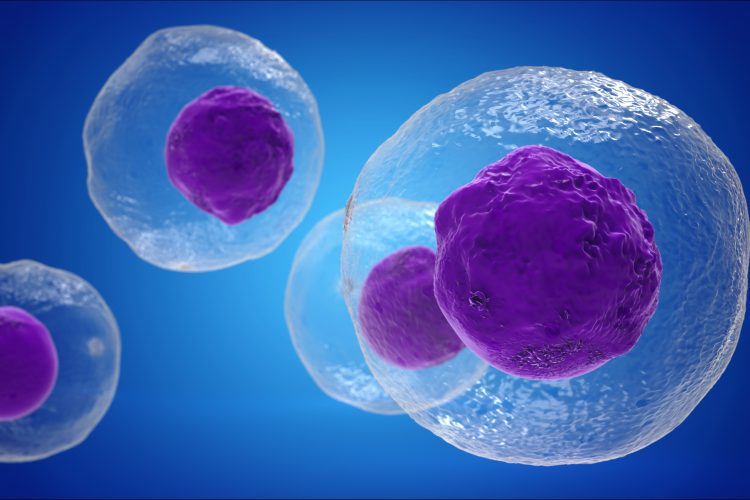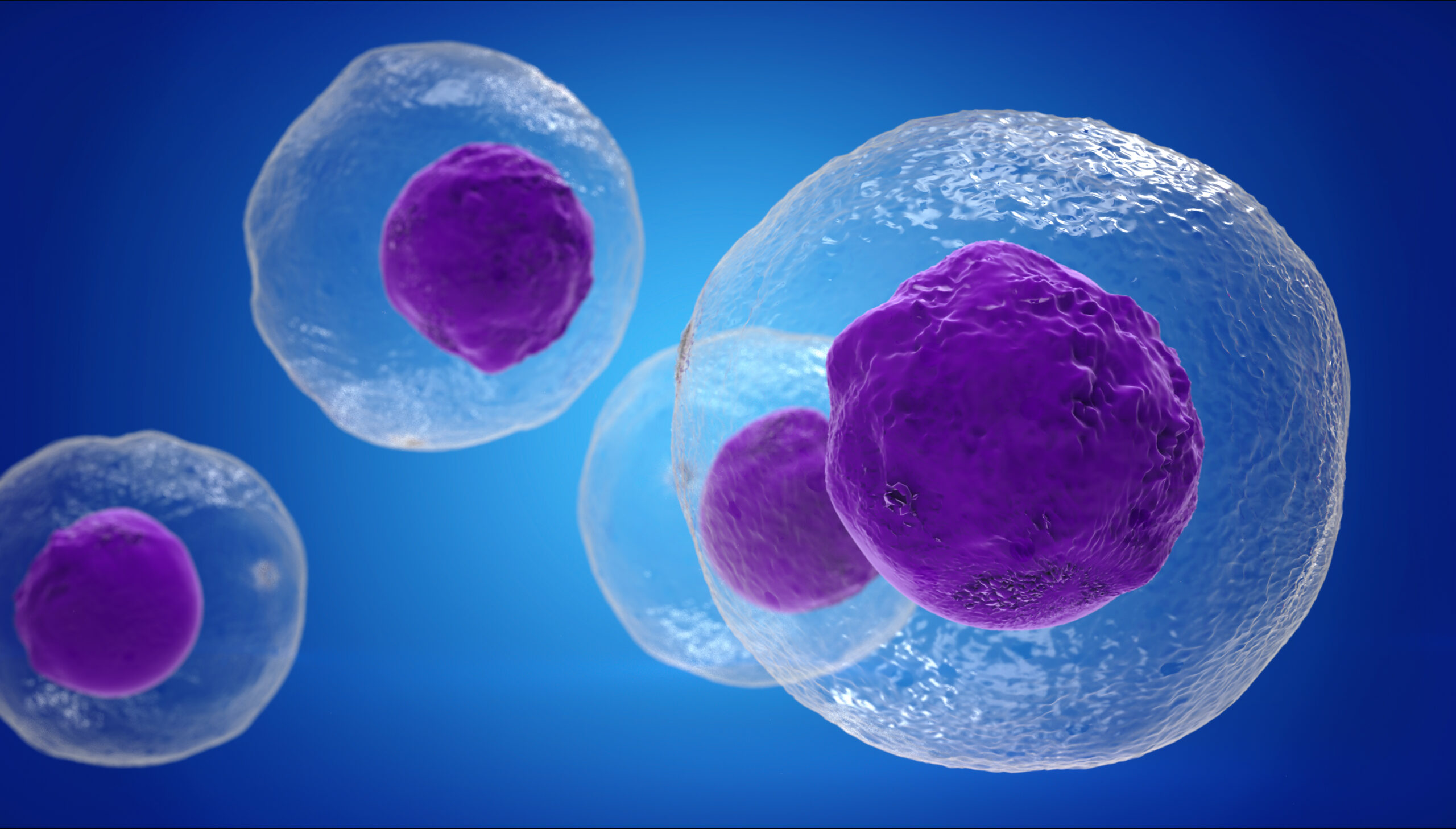A new research study has discovered that targeted antioxidants could restore T cell function – offering a potential boost for cancer immunotherapies like CAR-T.

Tumours are hostile environments for cancer-fighting immune cells. Low oxygen, high acidity and other stressors strain mitochondria – leading to T cell exhaustion and poor cancer outcomes.
New research from the University of Pittsburgh, published in Immunity, reveals that in mice, the toxic tumour environment prompts mitochondria to produce reactive oxygen species (ROS). These ROS travel to the nucleus and damage telomeres – driving T cells into a dysfunctional state.
“The really exciting part about this research is that by preventing damage to telomeres via a targeted antioxidant, we can rescue T cell function,” said lead author Dayana Rivadeneira, assistant professor at Pitt’s Department of Immunology and UPMC Hillman Cancer Center. “This opens the door to novel therapies to improve the effectiveness of cancer immunotherapies.”
Mouse models reveals mitochondria-telomere crosstalk
The team engineered mice with a genetic system that, when exposed to far-red light, generates highly targeted oxidative damage either at telomeres or mitochondria.
Whether we damaged the mitochondria or the telomeres, we got the same result: dysfunctional T cells.
“What we found was remarkable,” said Greg Delgoffe, professor at Pitt’s Department of Immunology and UPMC Hillman. “Whether we damaged the mitochondria or the telomeres, we got the same result: dysfunctional T cells. There is crosstalk between the engine of the cell and the brains of the cell, the mitochondria and the nucleus. This is something we didn’t necessarily appreciate, at least in the immune system.”
“When you damage the mitochondria, one of the first thing that gets damaged is the telomeres,” Rivadeneira added. “And, likewise, when you damage the telomeres, they talk back to the mitochondria to initiate a program that tells the cell to shut down and become exhausted.”
ROS-targeted antioxidants restore T cell function
Because ROS – highly reactive oxygen molecules that cause cellular damage – were responsible for telomeric damage, the researchers theorised that ROS-neutralising antioxidants could restore T cell function.
To test this, mouse T cells were engineered with an antioxidant protein tethered to another protein that resides at telomeres. When these T cells were infused into mice with an aggressive form of melanoma, they experienced much better survival and smaller tumours compared with those given regular T cells.
Implications for CAR-T therapy
According to the researchers, this antioxidant approach could enhance CAR-T therapy, in which a patient’s T cells are genetically engineered to better recognise cancer cells before reinfusion.
“This research is highly translatable because this approach could easily be incorporated into standard CAR-T protocol,” said Delgoffe. “While you’re genetically engineering T cells to improve cancer-fighting capability, you could also make them bulletproof against oxidative damage.”
Next steps: human T cells and clinical trials
The team is now developing a similar telomere-specific antioxidant strategy for human T cells – with the goal of testing it in clinical trials.
The researchers also plan to investigate more broadly how telomere health influences the immune system and cancer outcomes. A key questions is how chemotherapy damages telomeres in T cells and whether this could affect patient responses to immunotherapy.
